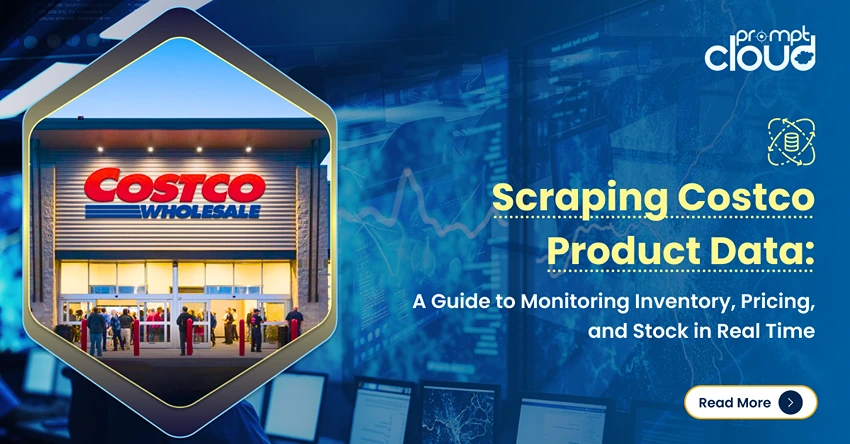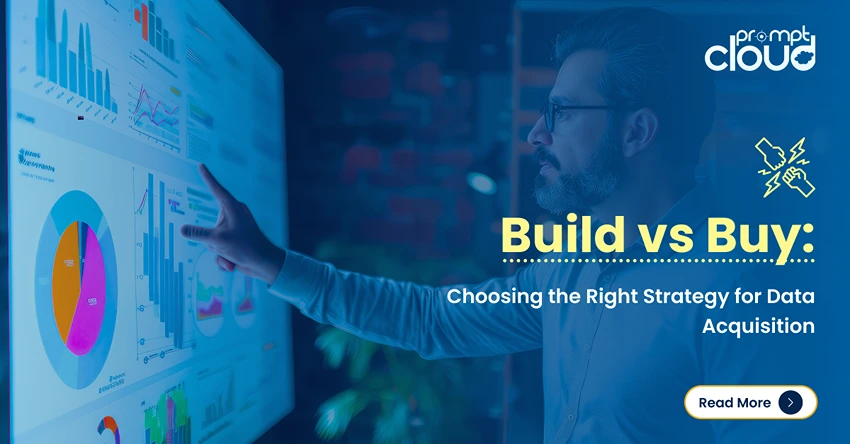“Make hay while the sun shines.”
“The early bird catches the worm.”
Many of you might be accustomed to hearing words like these quite often from many motivational speakers and others, who prefer to give free advice to people around them. But these words actually hold true for web data extraction. These days, people take data for granted. Whenever some item or product is being discussed, we immediately check online for the prices and details. In this manner, we are taking data for granted. What we forget is that anyone can change information present on a website that they control. Prices, products, content, and many other data fields are all subject to change. You never know what you might miss out on until the data is off air. Maybe you are already collecting or scraping data, directly related to your business. You see, data-storage is really cheap. It has almost reduced to pennies. So the more data you save and store, the better. People are running algorithms to build predictive models based on data that has been collected since the last one or two decades. Maybe one day you might need to do the same, and whoa! You might not have the data to do so.
Why is data so important?
Things that a company can do by continuously collecting data range from tracking trends in pricing and products to building recommendation engines that would help boost sales, by grouping products so as to sell accessories and spare-parts better. Extracting data from right now will help you have historical data, market, and financial research-based findings, as well as data collected by organizations and not-for-profit organizations that might close down in the future.
How can data disappear?
Governments all over the world have realized that words are more powerful than swords in today’s data-driven society and are quietly taking down images, videos, documents and more that could be used as incriminating evidence to prove their wrong-doings or to start a revolt. Just recently, President Trump’s administration took off climate science data from the EPA website. Were they trying to prove a point? Maybe.
So this is the time to collect as much data as possible. Maybe one day your data-repository could be worth millions, and marketing or data-driven-agencies would pay you to get their hands on data-sets, collected by you, that would be no more available to the public, in free internet. It would only be with you, stored in your private servers. Various watch groups around the world started scraping the EPA website, but sadly, for the climate science data, it was too late and the data was no more accessible, and the only way someone had that data is if someone had stored it offline.
When would you need the data?
Let’s not go that far. Say you own a B2C business and you find a dip in sales all of a sudden, that you can’t connect to the usual scenarios. If you have data for just one year, you might not be able to understand the actual reason very well. However, if you had proactively collected and saved data- even data that might have seemed excess and that time (you might have been under the assumption that you would not need so much data), and yet stored it for the future, then you might find it easier to make a prediction, or create a model that will help you predict the reasons behind the dip in sales.
How data helps companies grow
- Google: It is working with the U.S. Centers for Disease Control, and helps in tracking, when users input search terms, related to flu topics, so as to help predict, that which region is about to face outbreaks.
- General Electric (GE): Machines ranging from power plants to locomotives and even hospital equipment, now pump out data about how they’re operating, with the help of thousands of sensors fitted into them. GE’s analytics team crunches it, then takes apart machines and puts them back together to make them more efficient. Minimal improvements give magnanimous results, because of the scale- By GE’s estimates, data can boost productivity in the U.S. by a percent and half, which over a twenty year period could save enough cash to raise average national incomes by as much as thirty percent.
- Netflix: This is one, we all know of and enjoy on a day-to-day basis. They are not only attracting a huge crowd with the help of their many original contents but also their amazing recommendation engine is almost like having a best friend, who gives you great movie suggestions based on your personal likes and dislikes.
- Uber: Uber is using big data to predict, where and when, people will be, in large numbers, trying to book cabs, and there, Uber is promoting Uber pool, that is not only helping these people save money, but also decreasing the carbon footprint to as much as a third.
- UPS: We all know how important logistics has become these days. We need everything delivered right to our doorstep. UPS helps get 4 billion items shipped per year through almost a hundred thousand vehicles. With such a huge volume of traffic, the possibilities of data use are endless, and UPS uses Big Data, and for fleet optimization, to save money and make the logistics business more efficient. The company has saved over thirty-nine million gallons of fuel and avoided driving three hundred and sixty-four million miles.
How to collect data?
Setting up a web crawling team for most businesses might not be feasible since it means you might need to add a completely new, next-gen department to your company, which you might not have the means to fund or understand. Instead, you could go to a service provider, who would help you understand what sort of data would be best for you to crawl, collect, save and store so that you can make sure that your business never has a dearth of data. They can also help you with prediction modeling and recommendation engines, so that you not only collect data, but also keep using them as fuel for your business, in real time.
“In God we trust. All others must bring data.”- W. Edwards Deming, Statistician



















